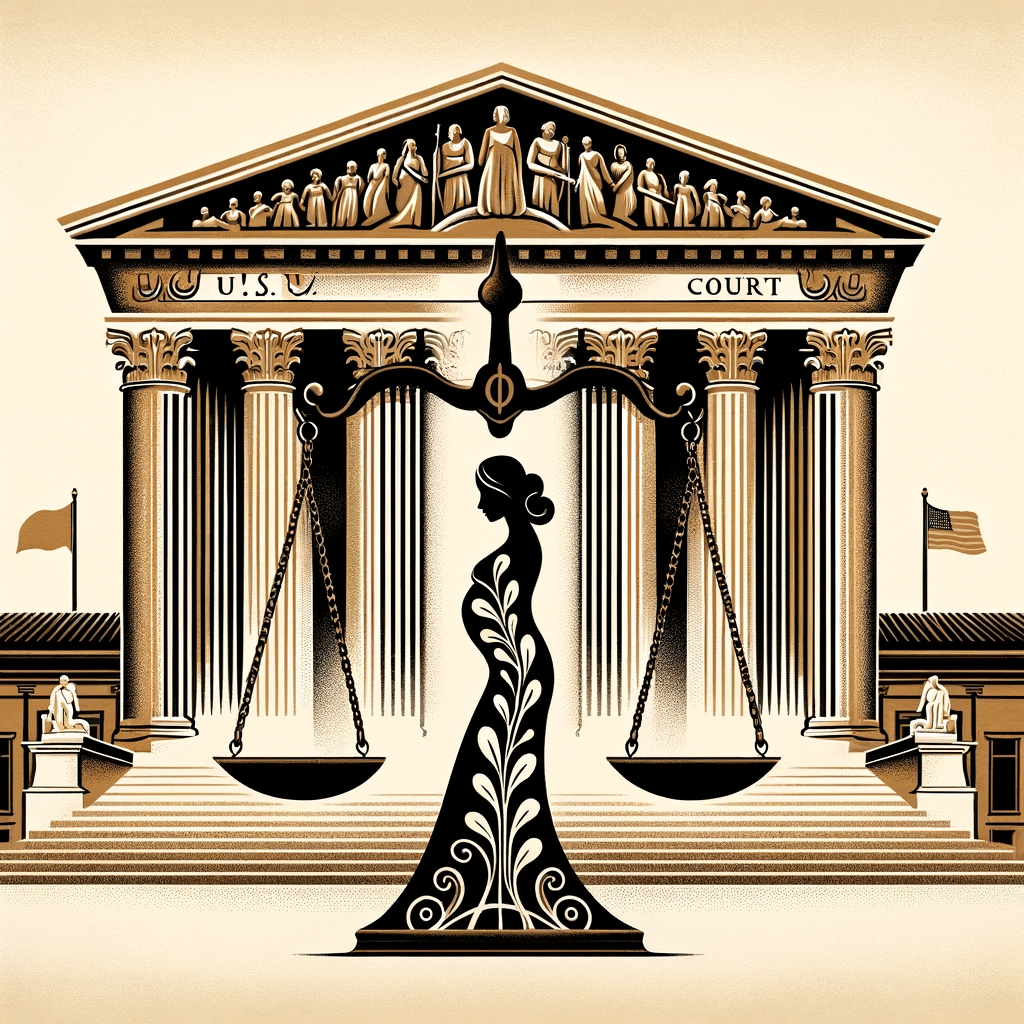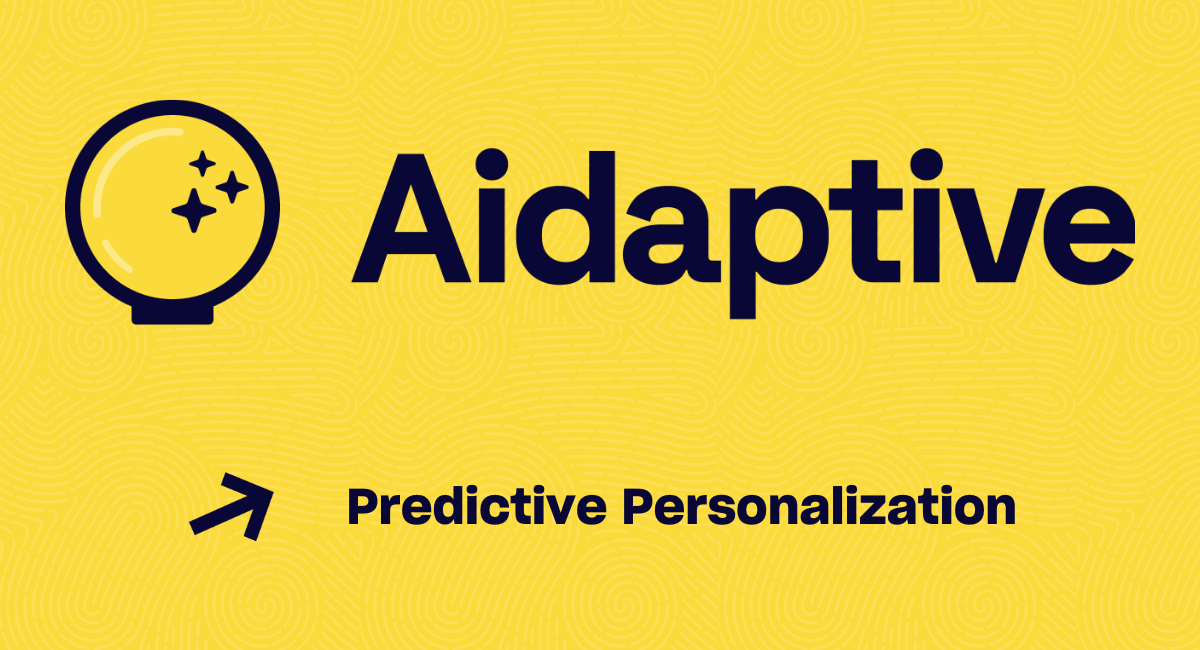
Welcome back.
Today we see if the blockchain can keep AI in check and mitigate against ‘going rogue’ cases in the future? Also, why are people worshipping Robotic priests and joining AI cults.
So let’s take a look at what’s featured in our latest edition..
Today's Edition
📰 Blockchain, the tech behind bitcoin, may have found its ‘killer use case’ by keeping AI in check
Executives in the technology sector have highlighted the potential of blockchain technology as a solution to mitigate biases in artificial intelligence (AI) training data. In a recent CNBC report, concerns were raised about the risk of biases and misinformation in datasets used for AI models, such as those underlying applications like ChatGPT. These biases could lead to AI systems delivering skewed or false information.
Blockchain, first introduced in 2009 alongside the cryptocurrency Bitcoin, functions as an immutable, tamper-proof public ledger of transactions. Its principles, often referred to as distributed ledger technology, are now being explored beyond cryptocurrency for various applications. Specifically, in AI, blockchain can ensure transparency and traceability of the training data, allowing developers to monitor and verify the information fed into AI models.
Casper Labs, a company specializing in business-focused blockchain solutions, has recently teamed up with IBM to develop a system addressing this challenge. Medha Parlikar, Casper Labs' CTO and co-founder, shared at the World Economic Forum in Davos that their product involves checkpointing and storing datasets on the blockchain. This method provides a proof of the AI's training process, enabling developers to track and, if necessary, revert the AI to previous states to correct any 'hallucinations' - instances where AI disseminates false information.
The idea of using blockchain in AI data training has been gaining traction across various industries, from finance to healthcare. Sheila Warren, CEO of the Crypto Council for Innovation, emphasized the potential of blockchain in creating a verifiable and accountable AI system. Speaking at the same panel, Warren expressed her belief that blockchain could be the "killer use case" for AI verification, offering a robust framework for checks and balances within AI systems.
📰 Robotic priests, AI cults and a 'Bible' by ChatGPT: Why people around the world are worshipping robots and artificial intelligence
In a world increasingly embracing technology, people are turning to machines for spiritual guidance and religious practices. Six-foot robot priests are now conducting sermons and funerals, while AI systems like ChatGPT are consulted as if they were oracles. The Turing Church, founded in 2011, is one such organization that believes AI can elevate humanity to god-like levels of intelligence.
Lars Holmquist, a professor at Nottingham Trent University, told DailyMail.com that the human-like responses from AI systems are leading people to seek meaning in technology. He explained, "The results of generative AI are very open for interpretation, so people can read anything into them." He further noted the tendency of humans to interpret interactions with computers as real social relationships, potentially using AI for guidance similar to religious scriptures.
In Kyoto, Japan, a six-foot-four-inch robot priest named Mindar, developed by a Zen temple and Osaka University, has been reciting mantras to worshippers since 2019. With a silicone face and camera eyes, it detects worshippers and delivers mantras in Japanese, along with Chinese and English translations. Mindar, costing nearly $1 million, moves and speaks in calming tones, teaching about compassion and warning against ego and desire.
Similarly, Gabriele Trovato's Sanctified Theomorphic Operator (SanTO) robot acts as a 'Catholic Alexa', answering faith-related questions and designed to resemble a 17-inch-tall Catholic saint. "The intended main function of SanTO is to be a prayer companion," according to Trovato's website. This robot incorporates sacred art elements to convey the feeling of a sacred object.
The integration of AI into religious practices extends to creating new scriptures and prophesies. The AI company IV.AI trained AI on the King James Bible to generate new verses, and the Church of AI used ChatGPT to write a spiritual guide called 'Transmorphosis'. As AI systems like ChatGPT and Google's Gemini show increasingly advanced abilities, Holmquist suggests that while current uses of AI in religion aid existing organizations, future religions centered around technology could emerge. He draws parallels to Shintoism, where inanimate objects are respected as if imbued with spirits, hinting at the potential for software entities to be worshipped in the future.
🗣 AI “Quote of the Day”
"Never trust a computer you can't throw out a window, because one day it might decide to throw you out instead."

Created with ChatGPT / DALL-E
🚀 AI Tech Spotlight
🔍 Aidaptive - Autonomous Intelligence Platform
Aidaptive is an Autonomous Intelligence Platform for Digital Commerce, offering end-to-end Artificial Intelligence (AI) and Machine Learning solutions. The platform is designed to enhance the efficiency of digital commerce businesses. Their solutions cater to various sectors, including eCommerce and hospitality. Aidaptive is headquartered in Cupertino, California, USA, and provides a range of resources and services, including a blog and demos for interested clients. They focus on leveraging world-leading machine learning technology to upgrade businesses from data-driven to intelligence-driven operations.
🗓 On This Day In History
On this day in 1973, the U.S. Supreme Court issued one of its most momentous decisions, ruling in Roe v. Wade that a Texas statute criminalizing abortion in most instances violated a woman's constitutional right of privacy.



